If you would like your car to survive the smoke after the Canadian wildfire, below are ten car maintenance tips during wildfire season:
- Maintain the air filters
- Inspect the wipers and washer fluid
- Protect the paint
- Maintain a full fuel tank
- Inspect the tires
- Clean the interior and exterior
- Inspect the HVAC system
- An emergency kit
- Consider regular maintenance
- Have the right insurance
When dealing with wildfire smoke, the first thing you need to focus on is your health and those of others around you. There are lots of resources out there that help you educate yourself about what needs to be done to maintain your safety during these times.
However, less attention is paid to maintaining your vehicle after a wildfire. There are some resources about dealing with the wildfire itself, but less attention is paid to protecting your car from the smoke, which can have a larger spatial impact than dealing with the flames.
This article provides you with ten tips and tricks by automotive experts to help you maintain your vehicle after dealing with wildfire smoke. More specifically, it highlights car maintenance tips during wildfire season.
10 car maintenance tips during wildfire season
Wildfires can be extremely frustrating and stressful. It impacts lots of aspects of our life, and people are very nervous about whether they should go outside at all or not. The main focus is always on human health, which is the highest priority, but less attention is paid to protecting the vehicles and ensuring they can survive this season.
With climate change and the increased number of reported wildfires, including those larger ones like the one happening in Canada, attention should also be paid to protecting vehicles and ensuring they can survive this season.
The list provides you with car maintenance tips during the wildfire season. These tips should help you maintain the vehicle as healthy as possible and avoid dealing with major consequences that will cost you the entire vehicle:
1. Maintain the air filters
The air filters are minor components in any vehicle, and because of that, people do not pay close attention to what these filters can cause when they're not in good condition. Since these filters interact with the air quality continuously, when the air is not clean, they can get clogged fast and result in severe vehicle damage.
There are two types of air filters in the vehicle: the one that cleans the air inside the car and the other one that cleans the air getting inside the engine. Regardless of which air filter you're looking at, the wildfire smoke can impact both of them and as a driver, you have to pay attention to cleaning them both and ensuring they're in good shape.
2. Inspect the wipers and washer fluid.
Another important car maintenance during wildfire season is to inspect the wipers and the washer fluid. Depending on where you live and how close you are to the Canadian wildfire, the role of your wipers and the washer fluid becomes more critical.
Even living in areas impacted only by the Canadian wildfire smoke, you still need to have and maintain great visibility. Otherwise, you can deal with car crashes and other situations that can be extremely critical.
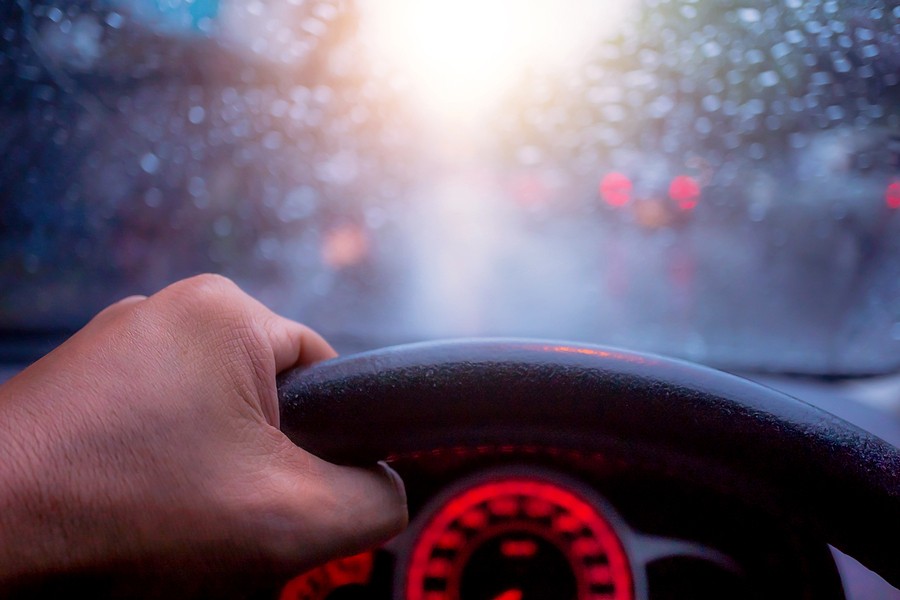
3. Protect the paint
Wildfire ashes and smoke can impact your vehicle paint job significantly, and if you're not paying attention to what needs to be done, you can deal with repairs that require thousands of dollars which can be avoided.
Therefore, if you feel that the air quality in your area is deteriorating because of the Canadian wildfire smoke, you must clean the vehicle as much as possible; if you're used to cleaning it once a week, it could be the time to clean it multiple times a week.
4. Maintain a full fuel tank
Another critical tip by automotive experts on maintaining your car during the wildfire season is to keep a full fuel tank. This becomes very critical if you live in an area impacted by wildfire flames and evacuation cases.
If you don't have enough fuel, it can be extremely stressful, and you won't be able to flee these impacted areas fast. If you're not living close to those areas and all you're dealing with is just the smoke, you might still need to have enough fuel in cases of other emergencies that you never expect.
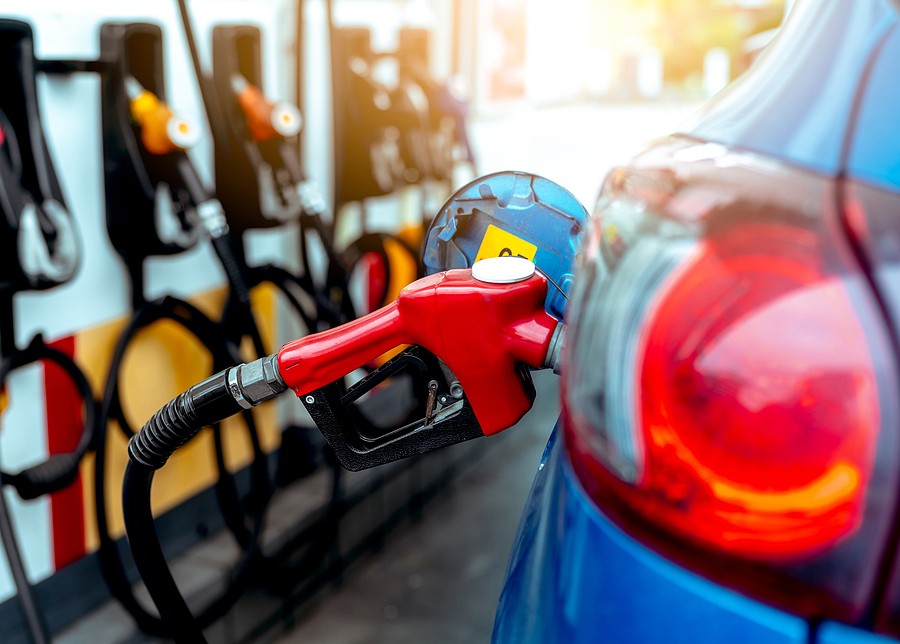
5. Inspect the tires
Another important car maintenance tip during wildfire season is to inspect and maintain the tires in good shape. This becomes critical and related to the previous point concerning evacuation situations.
The last thing you want to deal with is trying to leave an impacted area by wildfire and realizing that your tires are not in good shape. This makes things more severe and more stressful. Therefore, inspecting the tires won't take you more than a couple of minutes, and if you feel that the tires are not in good shape, it might be the perfect time to replace them now.
6. Clean the interior and exterior
Wildfire smoke not only impacts your car's exterior because air can seep inside the internal components and even your vehicle's interior. Although it might not sound like they're going to be a significant problem, leaving these contaminated particles on the exterior and even on the car seats can cause severe future damage.
That's why if you would like to avoid dealing with unnecessary repairs and if you would like to extend the lifetime of your car into our annex., try cleaning it frequently and ensuring that there are no remaining particles on the vehicle.
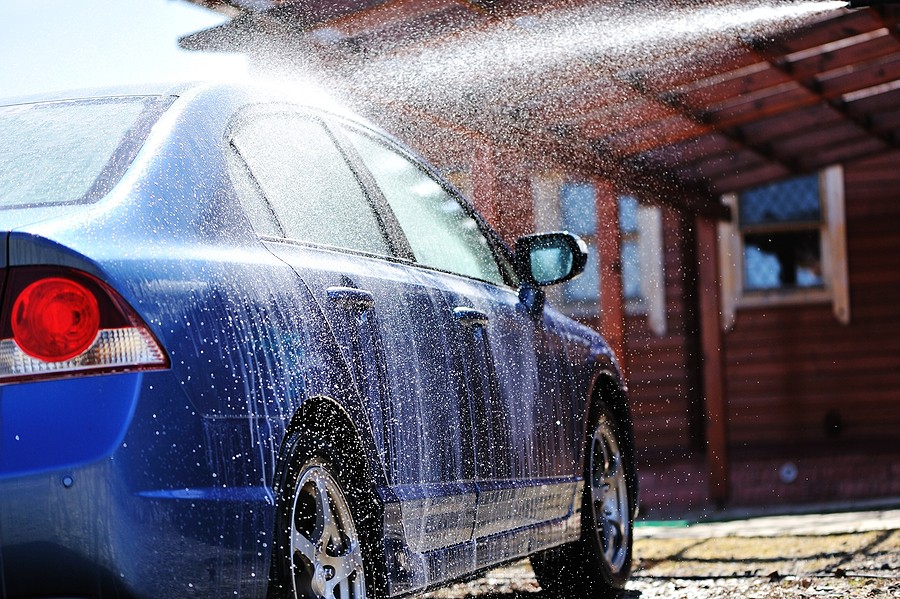
7. Inspect the HVAC system
The HVAC system is one of the most critical systems that you must be aware of whenever you deal with a wildfire season. This is because this system interacts with the air continuously, and it has to deal with the stress in temperatures as well, which can cause a significant reduction in your vehicle's overall performance.
8. An emergency kit
While our focus in this article is to maintain the vehicle, keeping an emergency kit is still a good idea. When we refer to emergency kits, we mean that these items are related to keeping the vehicle going in cases of emergency. You'll have some kits focusing on the human, but having a pair of jump starters, for example, can be a good idea.
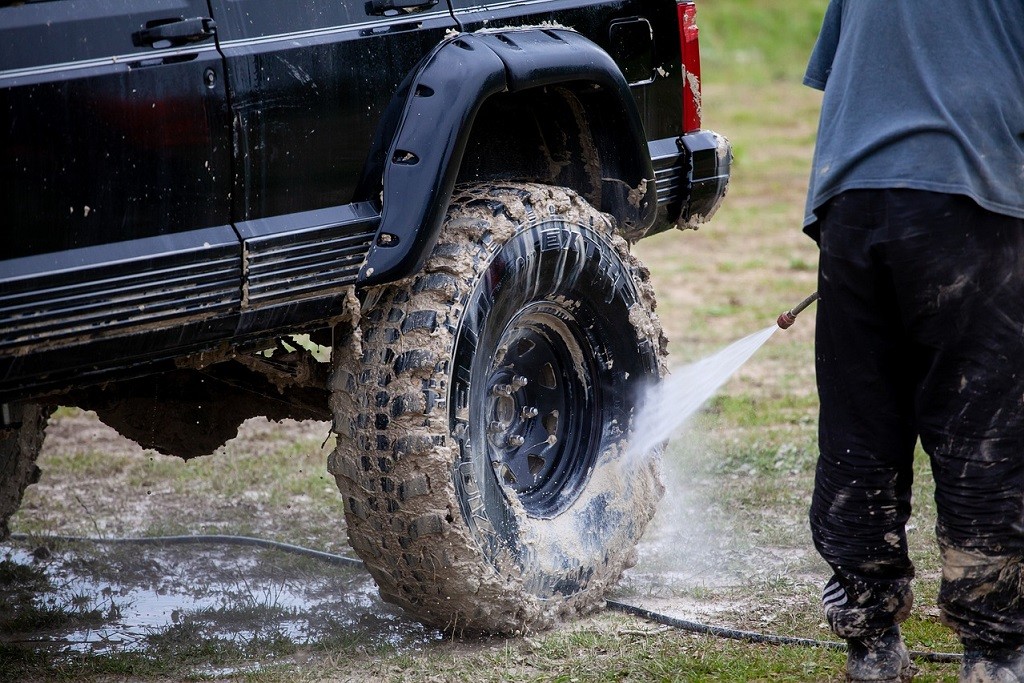
9. Consider regular maintenance
Regardless of the season, keeping up to date with your regular maintenance is very important. You don't want to deal with severe situations just because you forgot to change the oil in your car. This can cause many issues, and it's not perfect timing for you to deal with these unnecessary car problems.
So, check your vehicle owner's manual and confirm you're current with all these regular maintenance. If you're not, consider checking the tires, looking into the oil, and others.
10. Have the right insurance
If you live in an area that has a significant impact by wildfire, it could be a good time to switch your insurance policy. Not every insurance policy will cover you during the wildfires, and if you review the policy in detail, you'll get a sense of which one makes the most sense for you and what is worth your investment.
Of course, switching to a more advanced and expensive insurance policy can be expensive and might not be affordable to everybody. Therefore, you must evaluate the pros and cons of switching to upgraded insurance before deciding.
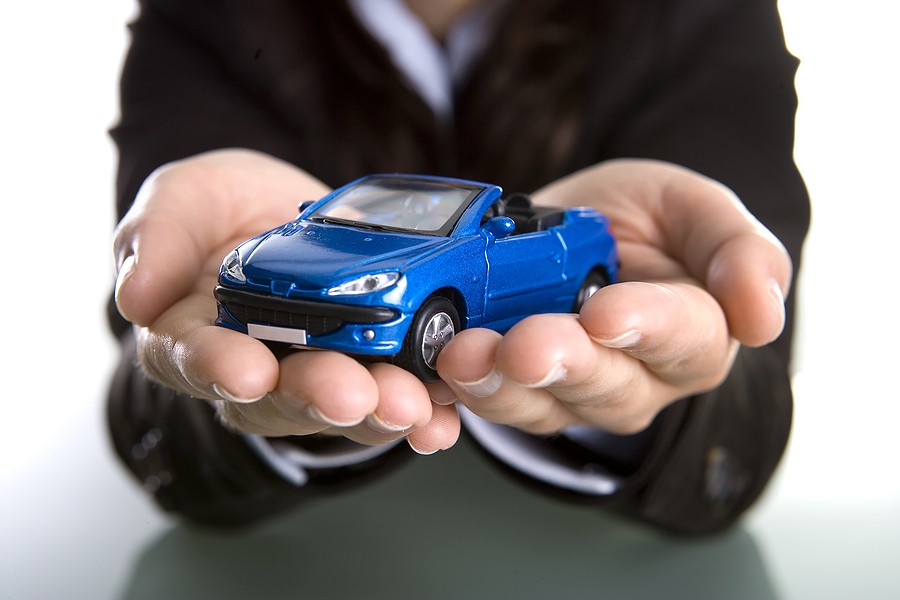
Car maintenance tips during wildfire season: Final Thoughts
The wildfire season can cause severe damage to our health and other aspects. While everyone must maintain a focus on how to protect their health from wildfire and wildfire smoke, there is some recommendation by automotive experts. Still, we maintain our vehicles and ensure they can survive this wildfire season.
This article highlighted car maintenance tips during wildfire season; Those tips should help r car survive that Canadian wildfire and other wildfires that are impacting candidates' Areas and reaching some other areas around the United States.
If your vehicle got to open where it's completely damaged because of the wildfire or other reasons, it might be perfect timing for you to sell this car and use its value to purchase a better one that can survive this season.
I am looking for someone to buy your car. Reach out to Cash Cars Buyer today at 773-791-4363.



